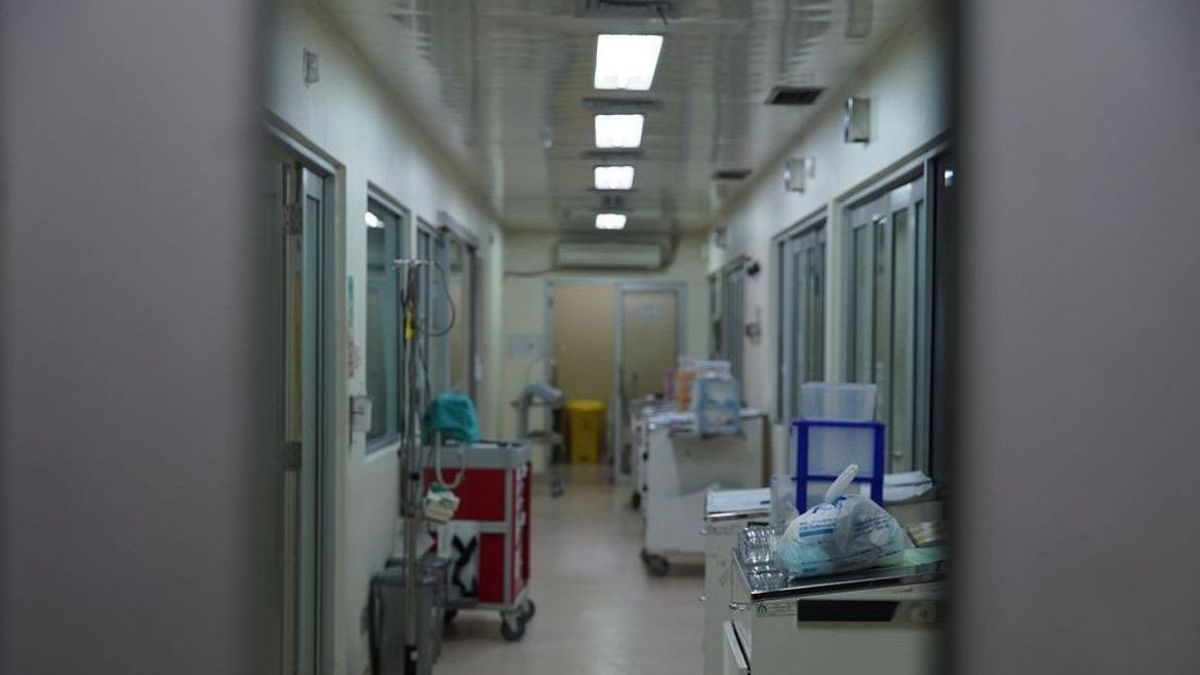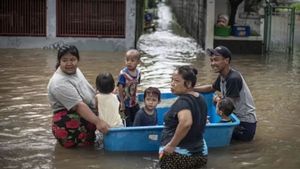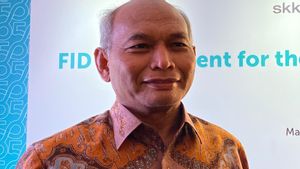JAKARTA - Chairman of the Committee for Handling COVID-19 and National Economic Recovery (KPCPEN) Airlangga Hartarto revealed that the condition of health facilities nationally, especially in 8 provinces, is of concern to the central government.
Airlangga explained that health facilities in 8 priority provinces, especially those related to the filling of hospital and ICU beds, are below the WHO standard, namely 60 to 85 percent.
However, said Airlangga, the government paid more attention to two provinces, namely DKI Jakarta and Bali. This is because the bed filling in these two provisions is almost close to the standard set by WHO.
"Two provinces of Jakarta and Bali are of course a concern because this is for ICU above 50 percent and also for isolation. Meanwhile, the other 6 regions are below 50 percent," he said in a video conference, Friday, September 11.
However, said Airlangga, national health facilities are still adequate. According to him, the number is still below DKI Jakarta and Bali.
"It is still adequate, as reflected in the filling of beds and ICU beds at referral hospitals in 8 priority provinces, on average 46.11 percent for BOR in ICU. Then 47.88 percent in isolation rooms," he said.
Meanwhile, said Airlangga, the national recovery rate for COVID-19 in Indonesia was 71.2 percent. Meanwhile, the fatality rate is 4.1 percent.
In addition, Airlangga said, the government also encouraged increased public service readiness activities. Especially related to health facilities.
"The government is preparing public services by utilizing the facilities of the II and III star hotels such as those in South Sulawesi and Central Java," he said.
Airlangga's statement regarding this at the same time answers the concerns of DKI Jakarta Governor Anies Baswedan regarding the availability of beds for the treatment of COVID-19 patients at the COVID-19 Reference Hospital.
Previously, the Governor of DKI Jakarta Anies Baswedan said that one of the reasons for the re-enactment of the strict PSBB was the concern about the depletion of bed capacity based on the high number of active COVID-19 cases.
According to Anies, if the number is not increased, isolation beds for COVID-19 patients will no longer be able to accommodate patients on September 17. If the capacity has been increased but no 'emergency brake' is applied, it will return to full on 6 October.
In addition, said Anies, another reason is related to the use of a special ICU bed for COVID-19 patients with severe symptoms. According to him, if the number is not added, the ICU bed will no longer be able to accommodate patients on September 15. When the capacity has been increased but no "emergency brake" is applied, it will return to full capacity on 25 September.
"In the short term, we increase capacity. But, if there are no strict restrictions, then this is just buying time. In less than a month, the hospital will be full again," he said, at the City Hall of DKI, Central Jakarta, Monday, September 9. .
The English, Chinese, Japanese, Arabic, and French versions are automatically generated by the AI. So there may still be inaccuracies in translating, please always see Indonesian as our main language. (system supported by DigitalSiber.id)













